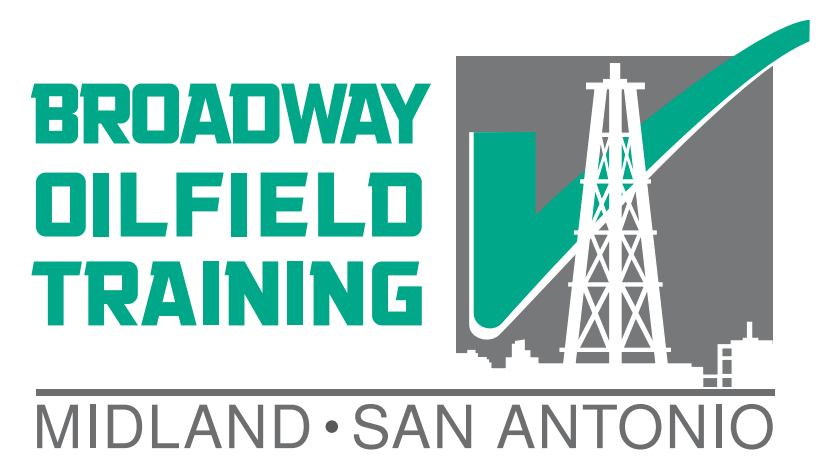One requirement that the oilfield job seeker will undoubtedly encounter is that of the minimum or ideal experience level. Listed directly on the various job board postings will be the requirement of a minimum level of experience, measured in years. They may also require the applicant to have taken SafeLand training or received other credentials. Occasionally, these postings may also list a maximum amount of experience desired. When these companies are willing to pay more for more experienced employees then clearly they believe that worker experience is valuable for them. Experience is valuable because it is useful.
WHY IS EXPERIENCE USEFUL?
While job postings typically require a minimum number of years of experience, they also specify which type of experience they require. If a position for a crane operator or driver is hiring, then the posting will specifically state that they want experience as a crane operator or driver. Experience gained through some other irrelevant occupation is not counted towards those minimums. None of this should be surprising so far; practice on a specific piece of equipment or method will make the oilfield hand more proficient over time.
IS ALL EXPERIENCE EQUAL?
As alluded to, specific practice will make an oilfield worker more skilled on that specific operation. We all know that daily work is not always routine. From time to time, special issues arise and being familiar with less often happenings is a valuable skill. Oilfield workers who have only been trained at the most basic level will have less capability to handle less frequent and more difficult issues. There will even be issues and challenges that have never occurred before.
Novel challenges will require the oil and gas worker to have robust problem-solving skills in order to work through the difficulty and implement a safe and satisfactory solution. Problem-solving skills are a diverse skill set that require practice just like any other skill set. This brings us to the fact that not all workers are receiving the same experience even within the same timespan and role.
Roles can be more difficult than others in different ways. These roles can be more physically difficult, more technically involved, or have more frequent work tasks. The accumulation of challenges over time will form the base of the personal skills that the worker can use. Over time we expect that, in the exercise of those skills, repeated challenges will be more easily overcome.
What happens in a situation where oilfield work is completely routine? In this case, the worker is only experienced in doing routine work well and will not otherwise improve over time.
In another type of case we have seen oilfield workers that fail the same challenges again and again. When the signs of a problem show up the worker may ignore it. As the problem coalesces then once failed actions are again repeated. If the worker would only stop and reflect as to why this is happening, then he could stop falling into the same trap over and over. Some workers, however, never reflect on their work and do not take the opportunity to improve. Good training should elicit problems from the past and help integrate the lessons learned into their work practices and awareness going forward.
Recommended Training: Victoria Oilfield Training, SafeLand Training
Notice: Article is provided as is and for informational use only. Eagle Ford Training San Antonio, its owners, instructors, and affiliates hereto referred as the company shall have no liability for and you shall defend, indemnify and hold harmless from and against any claim loss demand, liability, obligation, and expense based upon any injury or damage, spill or pollution, product liability, or any other loss that may occur. The liability for the use of information is solely yours notwithstanding any act of error or omission by the company.
